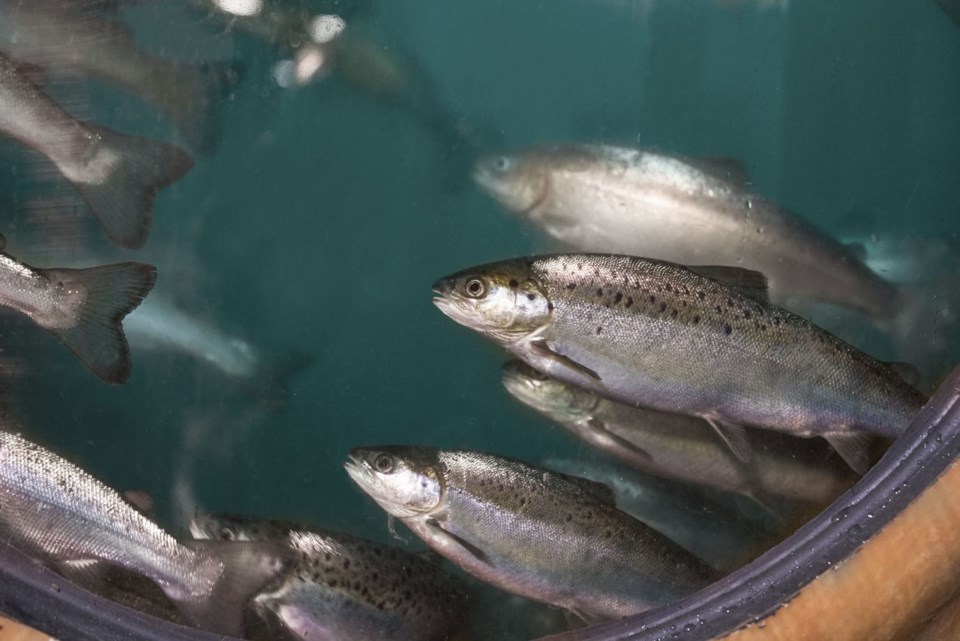Scott Hayes | [email protected]
Local Journalism Initiative Reporter
The Canadian Environmental Protection Act (CEPA) needs to be modernized, says Steven Guilbeault, CanadaÔÇÖs minister of Environment and Climate Change.
One environmental group that says the governmentÔÇÖs communications policy needs to do the same, too.
Enacted in 1999, CEPA is one of CanadaÔÇÖs core environmental laws, addressing pollution in the air and the waterways and fighting for human and environmental health.
ÔÇťHealthy, clean, and just. When it comes to protecting the environment and human health from pollution, society sees these priorities as government responsibilities and expects us to have the tools in place to act when required,ÔÇŁ Guilbeault said in a press statement released last week.
A year ago, the federal government introduced Bill S-5 in Parliament in an effort to strengthen the management of chemicals and other substances. It also proposes, for the first time in a federal statute in Canada, to recognize that every Canadian has a right to a healthy environment as provided under the CEPA.
But that doesnÔÇÖt mean everyone has a say in the matter. Both Liberal and Conservative members of the House of Commons Environment Committee voted to remove the requirement of meaningful public participation regarding genetically engineered animals.
ÔÇťWe are dismayed that the government and official opposition have blocked strong, clear guidelines for meaningful public participation, which is a foundational part of any review and approval process in a democracy,ÔÇŁ said Mark Butler, senior advisor with environmental advocacy group Nature Canada.
ÔÇťWe are concerned at the overly pro-industry stance being taken by government MPs, which is not coherent with strong government commitments to protect nature and the public interest.ÔÇŁ
It has been six years since the genetically engineered Atlantic salmon ÔÇô the worldÔÇÖs first genetically engineered food animal ÔÇô was sold in Canada. That same year, the House of Commons Environment Committee recommended improving transparency and public participation regarding genetically modified organisms.
Two weeks ago, American company AquaBounty announced that it would stop production in its Prince Edward Island facility, bowing to public pressure.
Nature Canada said that the federal government needs to follow suit and listen to the people, just as it said it would.
ÔÇťBill S-5 was a missed, once-in-a-generation opportunity to take action on genetic pollution,ÔÇŁ said Gauri Sreenivasan, Nature CanadaÔÇÖs director of policy and campaigns.
ÔÇťDespite a provision in┬áCEPA┬árequiring a review every five years, Parliament has not conducted significant review of this Act followed by comprehensive amendments in over 22 years. There is no telling when the next government bill proposing amendments will be introduced.ÔÇŁ




